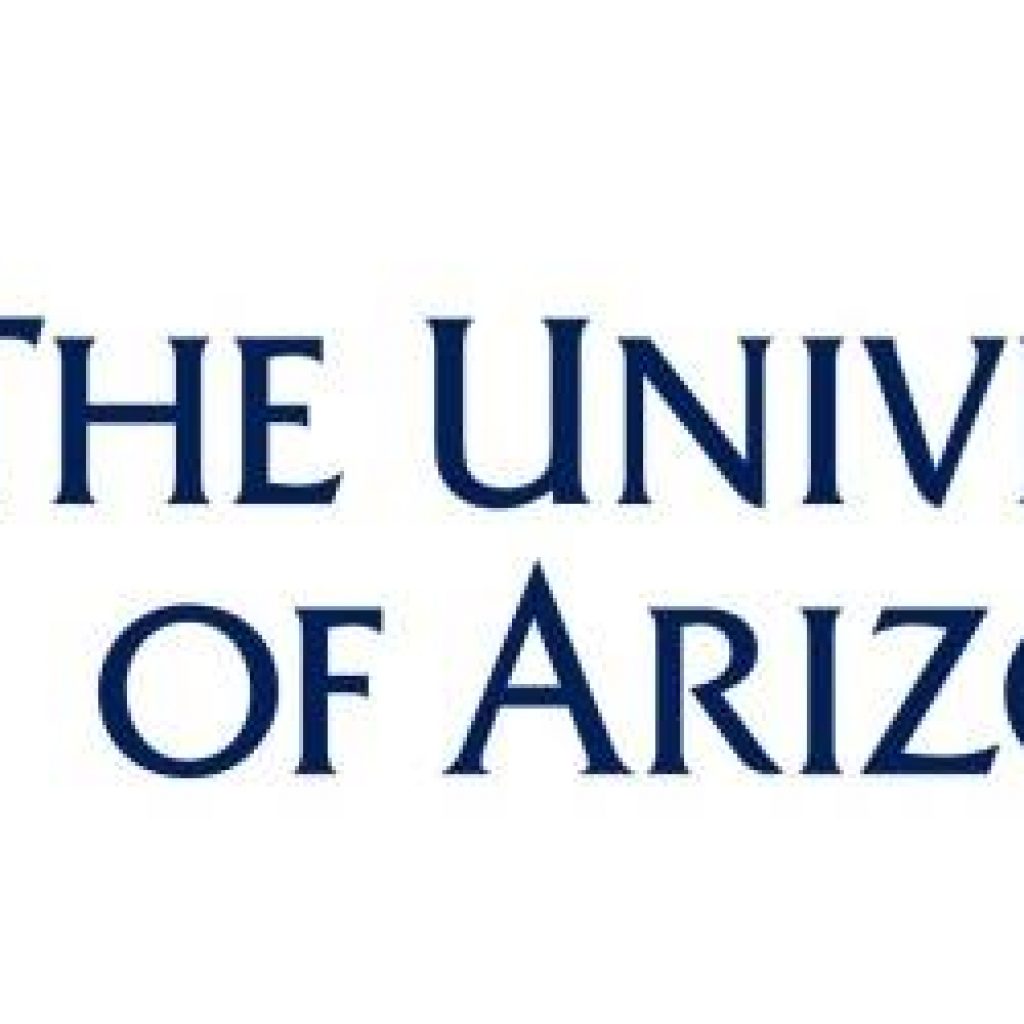(EurekaAlert) Boulat Bash, Assistant Orofessor of Electrical and Computer Engineering at the University of Arizona, has demonstrated how using quantum resources can substantially increase the limit on information that can be sent reliably over a covert channel.
Now, he’s received a National Science Foundation CAREER Award for $500,000 for his research in applying quantum resources to covert channels – this time focusing on sensing, rather than communication.
“The CAREER Award is very competitive, and many winners don’t receive it until their second or third try,” said ECE Department Head Tamal Bose. “I am proud of Boulat for winning the award on his first attempt, and excited to see the impact of his work in areas including military intelligence and organizations of civil unrest.”
Before computers can communicate, they must first learn about the channels on which they are communicating. That’s where sensing comes in: By transmitting signals that don’t carry information, parties can see how a channel might distort or affect an actual message.
Tasks like sensing, communicating and computing are often done via classical processes, which are accomplished using bits of information made up of 0s and 1s. Quantum processes use qubits, which can exist as 0s and 1s at the same time, making them very powerful.
UofArizona Assistant Professor Boulat Bash Receives NSF Grant to Apply Quantum Resources to Covert Channels Focusing on Sensing
